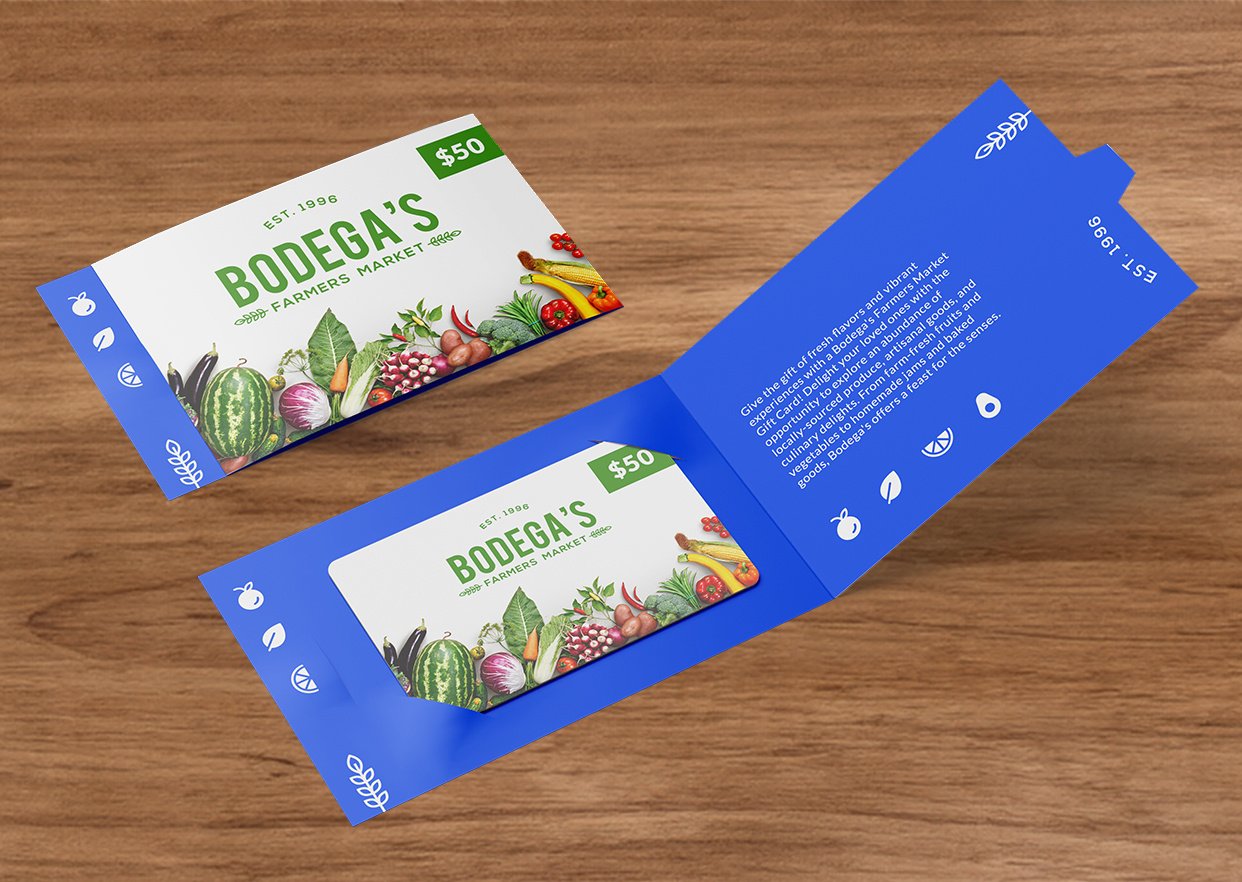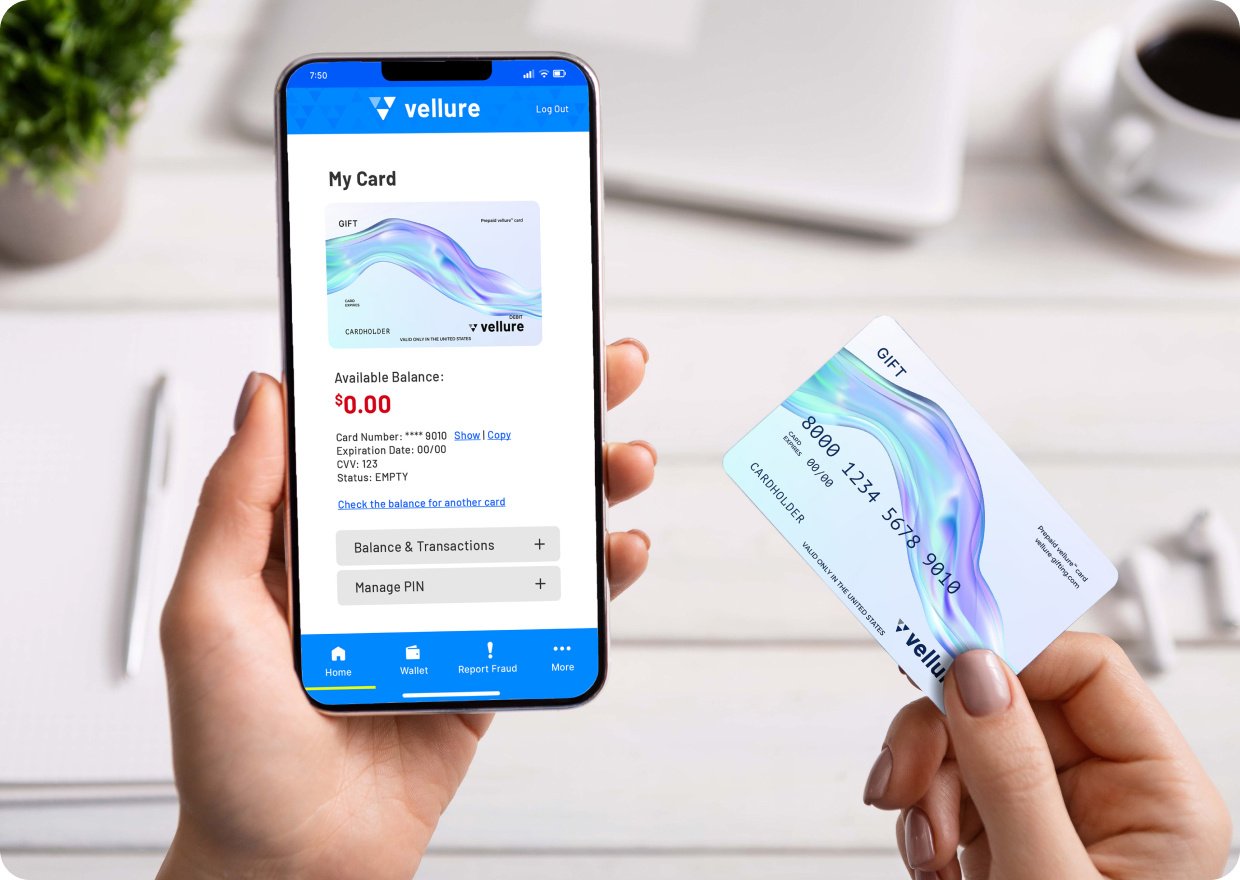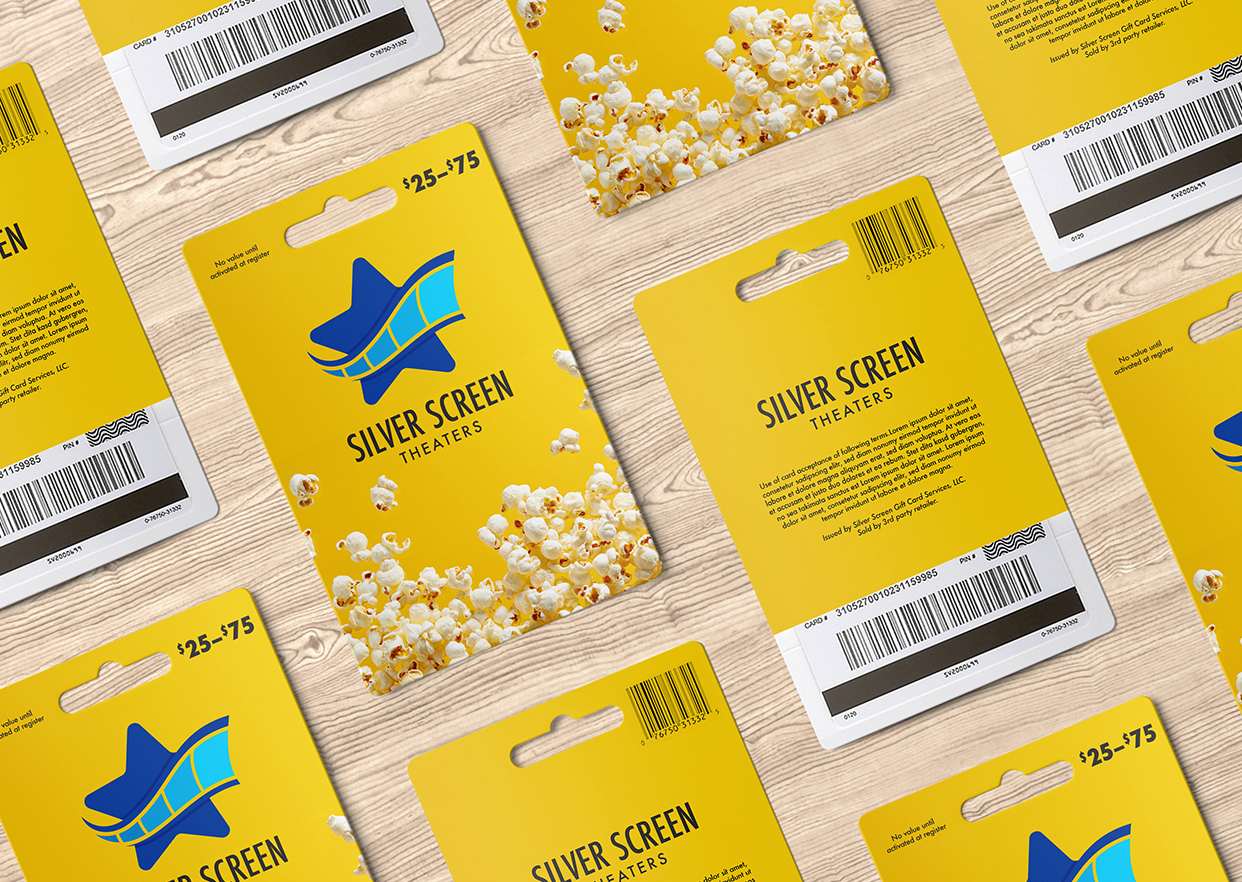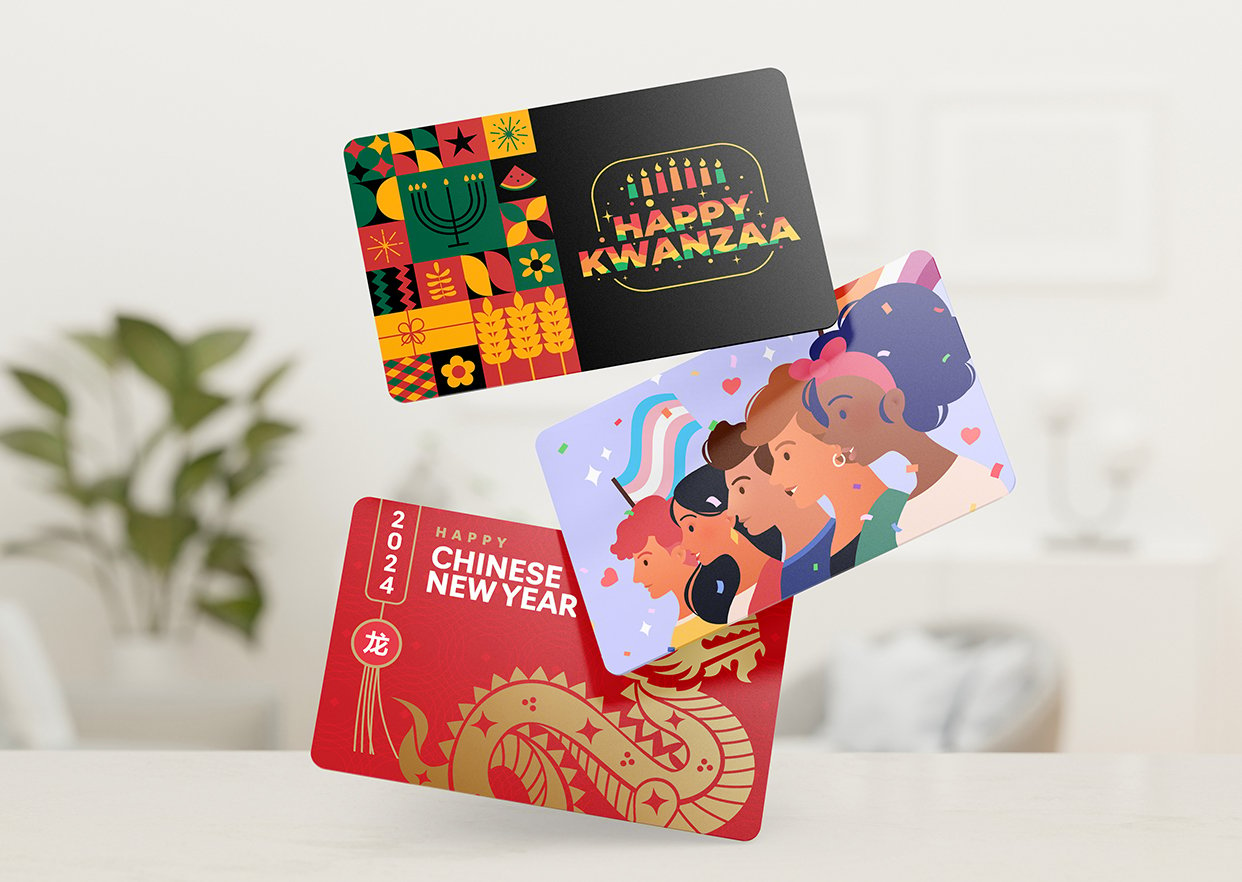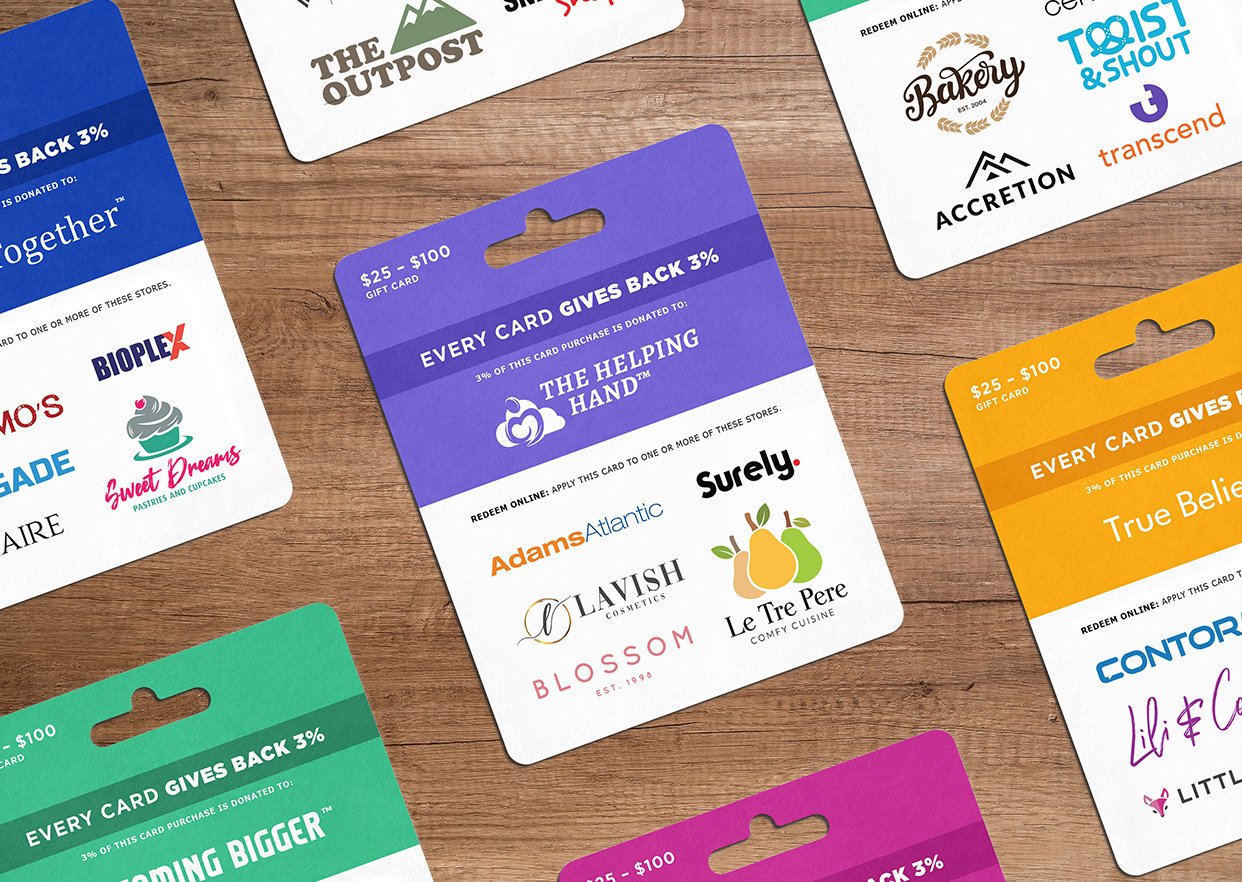Our prior blogs on gift card marketing strategies have focused on everything from the use of gift cards in cause marketing to the prevention of gift card draining. This time around, we focus on retail gift cards specifically and how to set up a gift card program for a retailer.
In particular, we will explore five key questions from the viewpoint of a typical U.S.-based retailer:
- What is a gift card program?
- What types of gift card programs are commonly used by U.S. retailers?
- How do gift card programs work financially and operationally?
- What are the benefits of gift card programs, both to the retailer and their customers?
- How do you create a gift card program for retailers — cost-effectively — that delivers these benefits?
What is a gift card program?
A retail gift card program is a system that allows customers to purchase prepaid cards that can be redeemed for goods or services at a specific retailer. These gift cards can be physical or digital and are typically offered in fixed or variable denominations. For a retailer, the key gift card benefits are their ability to facilitate gifting, encourage repeat visits and offer flexible payment options to consumers.
- Retailers use gift card marketing strategies both to drive higher retail sales and to build brand awareness. A well-designed gift card can serve as a mini billboard in a customer’s wallet or inbox, reinforcing brand identity and keeping the retailer top-of-mind.
- As we will see in a moment, retail gift card programs can be managed in-house or outsourced to third-party providers who handle the technology, distribution and compliance aspects.

What types of gift card programs do retailers use?
Commercial gift card programs have become a staple of modern retail, offering convenience for consumers as well as a variety of strategic benefits for the business creating a gift card program. From national chains to local boutiques, retailers increasingly rely on the following types of gift card programs to drive revenue, enhance customer loyalty and streamline operations.
1) Closed-loop gift cards
These retail gift cards can only be used at the issuing retailer or its affiliated locations. They are ideal for brand-specific promotions and customer retention. Examples of this type of gift card program include Starbucks, Target and Best Buy gift cards.
2) Open-loop gift cards
These are issued by financial institutions (e.g., Visa, Mastercard) and can be used anywhere those cards are accepted. While retailers don’t usually issue this type of gift card directly, they may sell them in-store as part of a broader gift card offering.
3) Third-party gift cards
Retailers may distribute their gift cards through third-party networks like Blackhawk Network or InComm, allowing them to be sold in grocery stores, pharmacies and online marketplaces.
4) Promotional gift cards
These are typically offered as part of marketing campaigns (e.g., “Spend $50, get a $10 gift card”). They may have expiration dates or usage restrictions and are used to incentivize purchases or support loyalty card benefits.
5) Digital (e-gift) cards
Delivered via email or SMS, digital gift cards are increasingly popular due to their convenience and instant delivery. They are especially useful for last-minute gifts and online shopping.
How do gift card programs work?
Commercial gift card programs involve a variety of financial and operational factors, all working in harmony with each other. The next time you use a retail gift card, remember that the following is happening behind the scenes.
- Upfront revenue: When a retail gift card is sold, the retailer receives cash immediately, even though the goods or services haven’t been delivered yet. This creates a form of deferred revenue.
- Breakage: A percentage of retail gift cards are never redeemed. This unused balance, known as breakage, becomes pure profit after a certain period, depending on accounting rules and state regulations.
- Float: The time between card purchase and redemption allows retailers to use the funds for operational needs or investment.
- Liability management: Retailers must track outstanding gift card balances and report them as liabilities until redeemed or expired.
- Technology integration: Gift card programs for corporate businesses must integrate with POS (point-of-sale) systems, e-commerce platforms and inventory management tools.
- Security and fraud prevention: Retailers must implement safeguards against card cloning, theft and fraudulent redemptions (e.g., gift card draining).
- Compliance: U.S. retailers must adhere to federal and state regulations, including escheatment laws (unclaimed property) and consumer protection rules.
- Customer support: Managing lost cards, balance inquiries and redemption issues requires a responsive customer service system.
What specific gift card program benefits are realized by retailers and customers?
The benefits of gift card programs are quite different for the retailer selling the card and the end user of the card. To avoid confusion, it’s easiest to explore the two independently.

Gift card benefits for retailers
- Increased sales: Customers often spend more than the card’s value when redeeming it, leading to higher average order values.
- Customer acquisition: Gift cards attract new customers who may not have shopped with the retailer otherwise.
- Brand visibility: Retail gift cards serve as a marketing tool, especially when distributed through third-party channels.
- Cash flow improvement: Immediate revenue from gift card sales can help stabilize cash flow.
- Data collection: Digital gift cards can be tied to customer accounts, enabling data-driven marketing and personalized loyalty card benefit programs.
Gift card benefits for consumers
- Convenience: Retail gift cards simplify the gifting process and offer flexibility in how and when they’re used.
- Personalization: Many retailers allow customers to customize gift cards with messages, designs or variable amounts.
- Budget control: Prepaid retail gift cards help customers manage spending and avoid overspending.
- Rewards and promotions: Customers often receive bonus cards or discounts as loyalty card benefits, such as when purchasing gift cards during promotional periods.
How do you create a gift card program for retailers?
As a retailer, creating a gift card program requires strategic planning and smart execution. Here’s how retailers can do it cost-effectively:
Step 1: Define objectives
Start by identifying the goals of your gift card marketing strategies. Are you aiming to boost holiday sales, attract new customers or increase brand awareness? Clear objectives will guide your design and distribution decisions.
Step 2: Choose the right technology
Select a gift card platform that integrates seamlessly with your existing systems. Consider providers like Square, Toast, Shopify or custom enterprise solutions depending on your scale. Look for features like:
- Real-time balance tracking
- Fraud detection
- Multi-channel redemption
- Reporting and analytics
Step 3: Design for impact
Invest in retail gift card designs that reflect your brand. For physical cards, consider packaging options that enhance the gifting experience. For digital cards, ensure mobile compatibility and easy delivery.
Step 4: Optimize distribution channels
Sell your gift cards in-store, online and through third-party retailers. Partnering with distribution networks can expand your reach without significant overhead.
Step 5: Promote strategically
Use seasonal campaigns, loyalty programs and email marketing when promoting gift card sales. Highlight occasions like holidays, birthdays and graduations.
Step 6: Monitor and improve
Track redemption rates, breakage and customer feedback. Use this data to refine your commercial gift card program, adjust marketing efforts and improve customer experience.
Step 7: Stay compliant
Consult legal experts or compliance platforms to ensure your gift card program adheres to state and federal laws. This includes expiration policies, fee disclosures and escheatment reporting.
Taylor: Corporate gift card solutions for retailers
Taylor is one of the leading providers of gift cards in the world and specializes in commercial gift card programs and gift card marketing strategies for retailers.
- We create custom gift cards for businesses nationwide using both plastic and paper card materials.
- We are renowned for our expertise with lenticular printing and lenticular gift cards in particular.
- Taylor leads the way in tamper-evident gift card packaging that is specifically engineered to deter gift card scams before they occur.

Creating a gift card program for a retailer? Looking for ways to realize the many benefits of gift card programs in your business? Contact Taylor to learn about our gift card programs for corporate businesses, including retailers.

